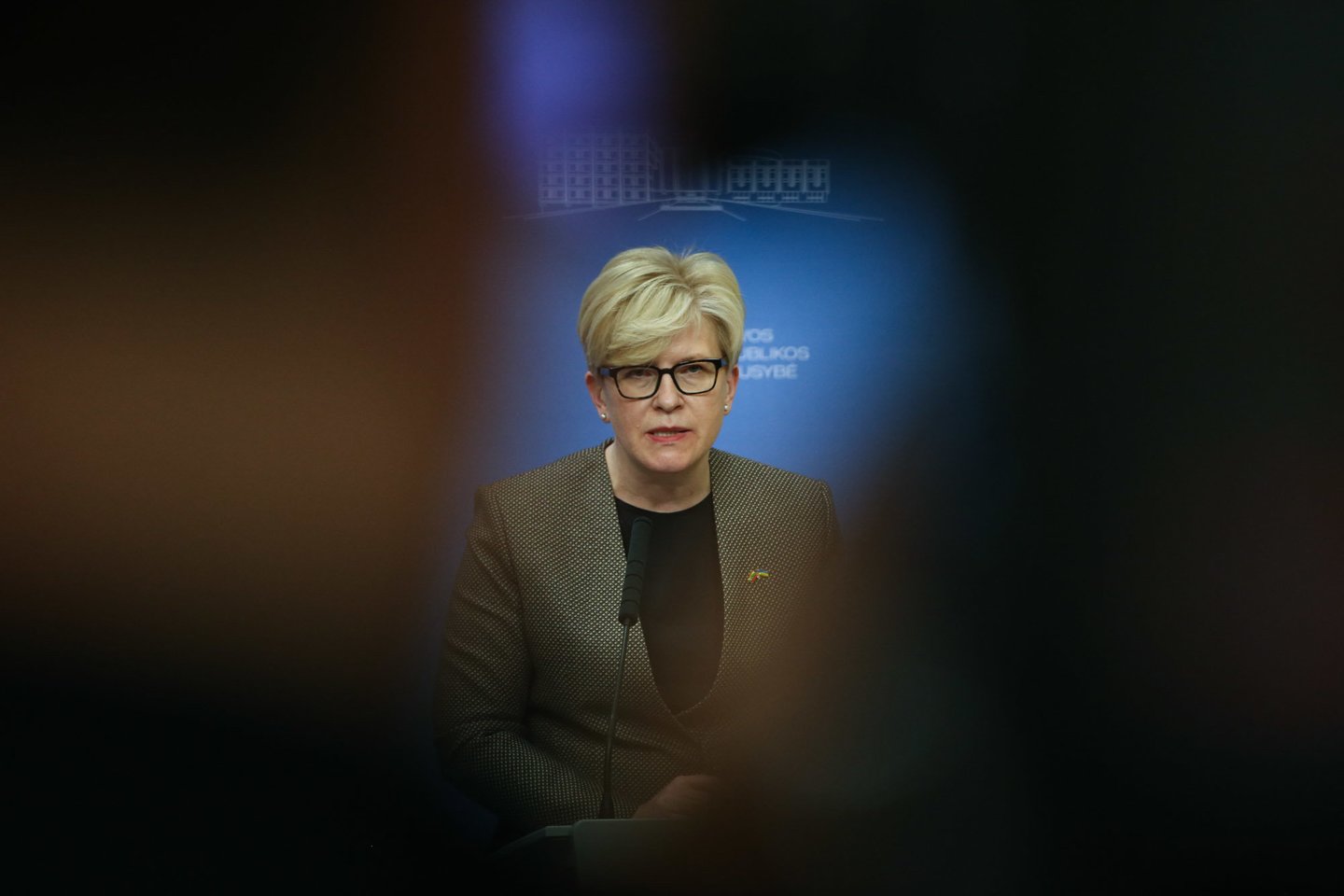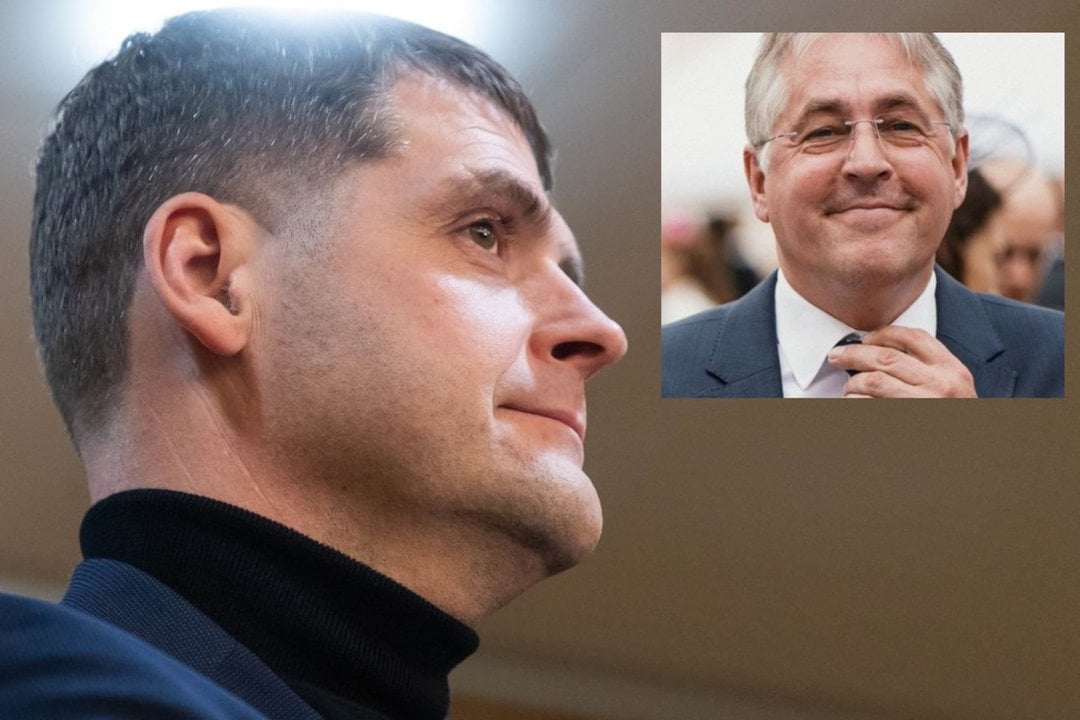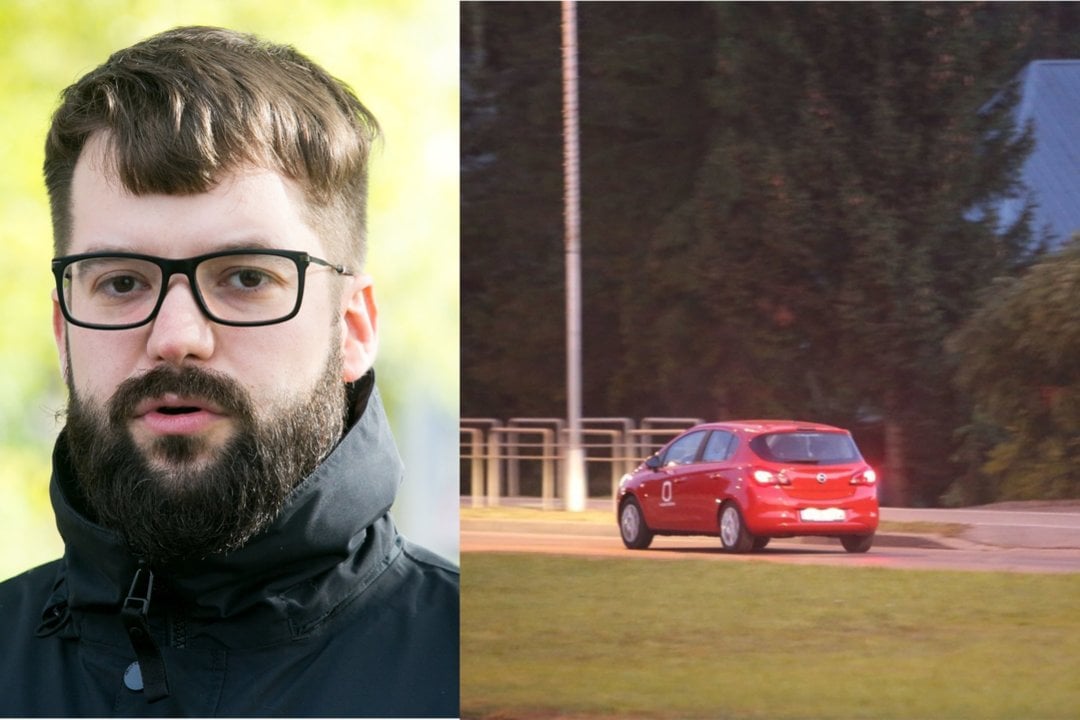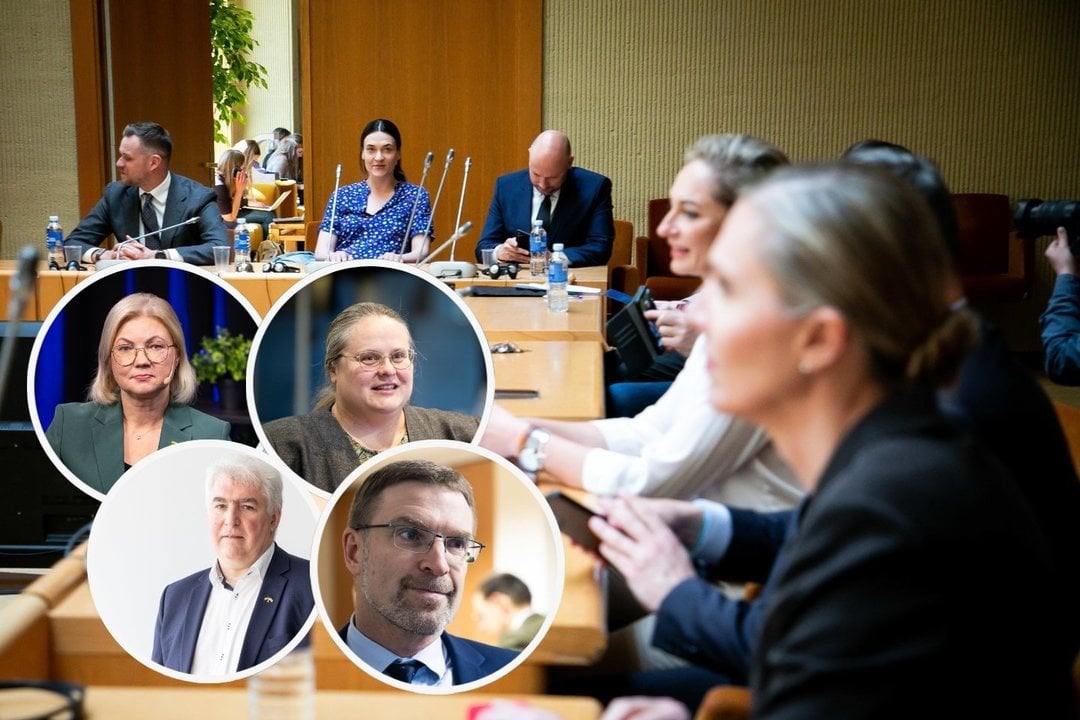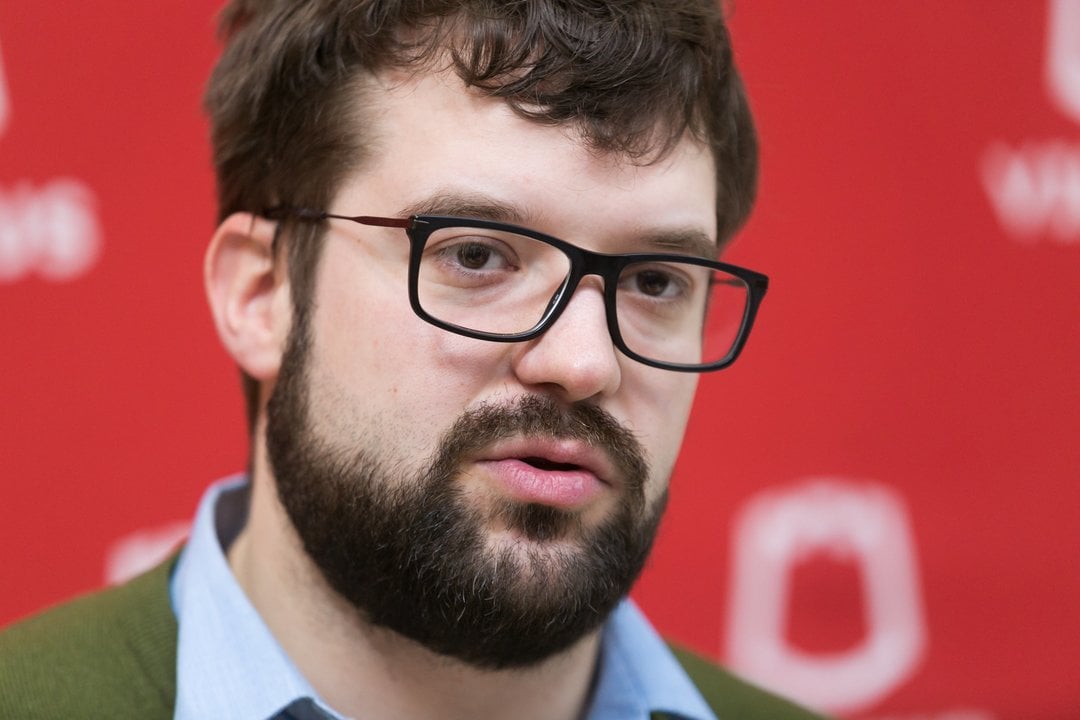„First of all, I would like to congratulate and take pride in the fact that there is no other opinion in the Seimas than that we need to increase the funding for a national defence already this year. There was no discussion on the scale,“ Šimonytė said.
In response to Russia's war against Ukraine, the Government will submit to the Parliament a proposal to revise the budget to allocate more funds for defence in the spring session. The additional funding of €250 million will increase national defence allocation to more than 2.5% of GDP.
The aim will be to maintain the same percentage.
„It would certainly be very strange to expect the state to reduce the percentage in the coming years because, given that this was the objective, to reach 2.5%, the fact that it will do so this year means that we have achieved this objective before. Therefore, it would probably be unwise to deviate from the target, especially given the geopolitical risks,“ Šimonytė said.
According to the Prime Minister, the adoption of the new budget is planned as a matter of urgency.
„All the groups whose elders were present, and the elders of all the groups were present, expressed their support for the amendments to the budget. Therefore, I believe and hope that such an amendment will be adopted in the coming weeks,“ the Prime Minister hoped.
In addition, the Government last Friday allocated over €40 million to organise the hosting of NATO allies in Lithuania. The additional borrowed money is being made available to the allies as they send more troops to Lithuania in the wake of the war started by Russia in Ukraine.
When can we reach 3%?
President Gitanas Nausėda's proposal to increase national defence funding to 3% of GDP in the coming years was also discussed at a meeting with leaders of parliamentary groups. However, Šimonytė stressed that the first thing to do is agree on „the near future and have very clear acquisition plans“.
„We need to have very clear acquisition plans on what we will do with those percentages because we do not need percentages. We need specific weapons and specific tools that make us feel safe. So this is probably a question that cannot be excluded, but in what period we can achieve this is part of the further discussion“, the Prime Minister believes.
„The need is greater, but the production capacity, the supply – we know that if we were to increase now, even this year, to 3%, a large part of that money would just hang as an advance.
The most important thing is capacity development – to receive and immediately integrate the capacities we receive into the army, not that the numbers look nice on paper. Still, there is no capacity on the ground,“ explained Minister of National Defence Arvydas Anušauskas.
Anušauskas: We want to implement the idea of a „modern soldier“
According to Anušauskas, the increase in this year's defence budget would allow the implementation of the previously adopted decisions to accelerate the acquisition of armaments. However, he pointed out that the increase in the defence budget would be slightly lower than the needs that have been identified.
„I have to say that the total need, which has been formulated by the host country and the additional armaments, is about half a billion, but it is not possible to implement all of this in one year, in the months that are still left,“ Anušauskas said.
The Minister noted that many countries are currently strengthening their defence capabilities, and Lithuania is no exception.
„In general, Europe's defence capabilities in terms of ammunition supply have reached a peak in some places. As a result, many countries are changing their plans and increasing their defence commitments, which is why we aim not to be the last in this process and to strengthen our defence capabilities,“ he explained.
However, he said, some steps will be taken this year.
„In the coming years, we want to implement the idea of the 'modern soldier'. Therefore, optical sights, thermal imaging, night vision, the soldier's ability to operate in all conditions is a must – this means equipping all weapons with optical sights, thermal imaging, night vision devices. All of this is planned and planned to be done,“ Anušauskas said.
According to the Minister, in any conflict, logistic chains start to get stuck, so each country tries to have what is necessary to show the opponent that the country is preparing to resist seriously.
„Some positions, such as the purchase of additional helicopters, will be coordinated with the Americans, because some of the equipment that we can now obtain at quite affordable prices, decisions have not yet been taken, but they are foreseeable,“ said Anušauskas.
The Minister added that additional funds are also planned for cyber security.
Energy dependence was also discussed
Vytautas Mitalas, the elder of the Freedom Group, noted that he had held consultations with the Head of Government and the elders of the groups on several issues – he said that the Freedom Party was in favour of not only an increase in the funding of defence but also of universal conscription.
The issue of energy dependence was also discussed.
„It is clear that the plan to reduce Lithuania's dependence on imported energy resources, natural gas and electricity, must be implemented. I welcome the position of the Ministry of Energy that this seems to be one of the main priorities, but at the same time, I think that some of the work can be accelerated.
This is why we recently discussed at a meeting of the group – the development of wind and solar energy the reduction of bureaucratic obstacles, which would certainly help not only in this difficult context but also in Lithuania's overall self-sufficiency and cheaper electricity and other energy,“ said the elder of the Freedom Group.
